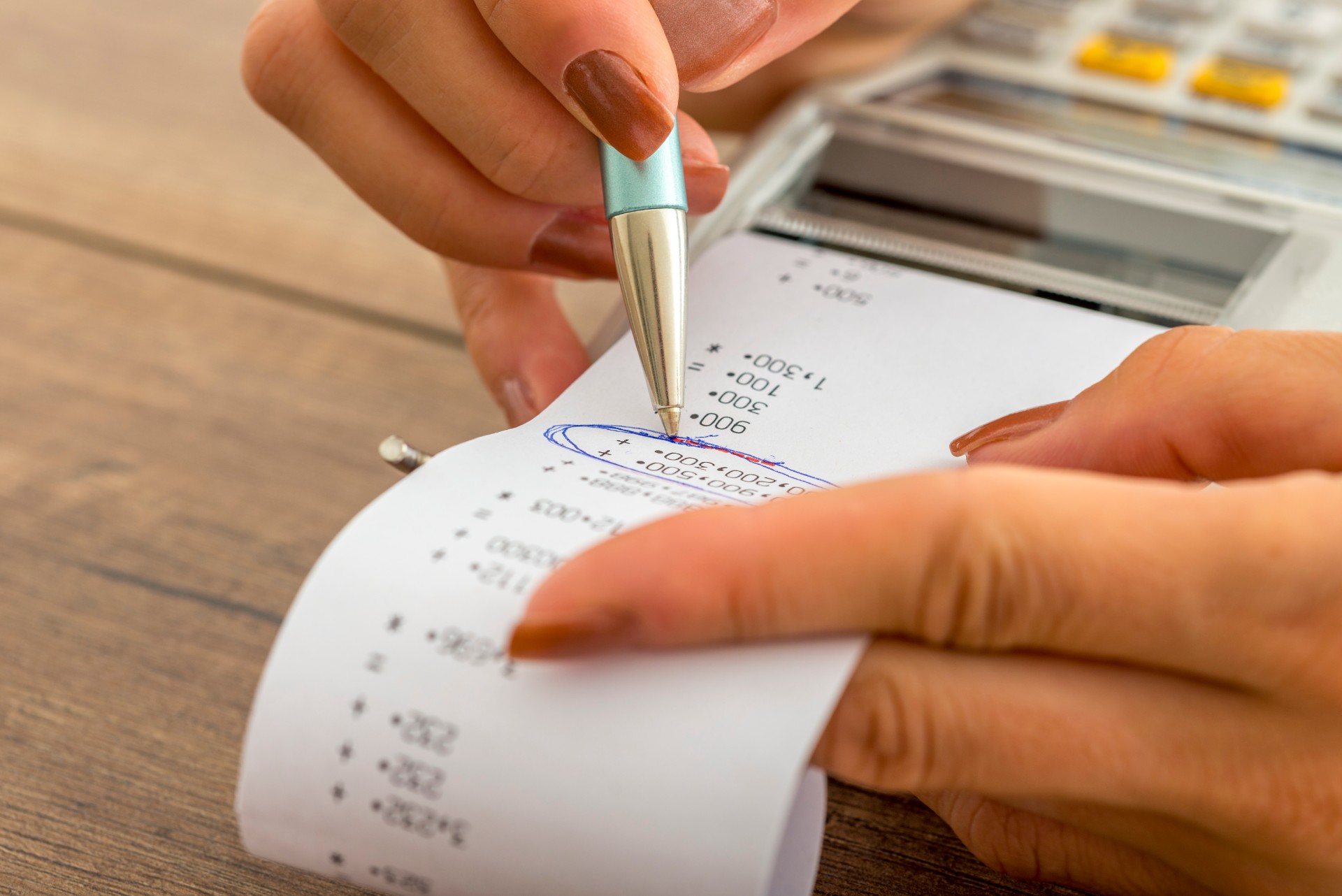7 Things You Definitely Need to Know About Property Taxes

Are you interested in becoming a homeowner? Are the complexities of property taxes stopping you from making a decision?
Don’t worry! Our McAllen real estate agents at Equity Assets Realty want to provide you with the information you need so you can make the best decision for your situation. Keep on reading to learn some valuable information about property taxes.
What You Need to Know About Property Taxes
- The Factors Used to Assess Your Property Taxes
- The value of the home as determined by the local government tax appraiser
- The local government’s budget
- The mill rate
- A Tax Assessor Will Calculate Your Property Taxes
- If you are disabled
- If you over 65 years old
- If you are a veteran
- If you are 100 percent disabled veteran
- It is Important to Know What the Property Tax Will Be Prior to the Purchase of a Home
- The majority of mortgage companies will encourage the property owner to escrow the property taxes. Because of this, it will become a part of your monthly payment that needs to be evaluated for affordability.
- Property taxes can — and do — rise because of a reassessment of value after the home has been purchased. Homes are usually assessed every year based on the budget of the local government and the growth of value within the housing market in the area.
- Every town has different property taxes, allowing potential homebuyers to shop for better value.
- Due Dates for Property Taxes Differ By County
- Penalties May Be Applicable If You Fail to Pay On Time
- Property Taxes May Provide a Tax Break
- Limitations on the Reassessment of Property Taxes
Property taxes are assessed in three distinct ways:
The last method of assessment is a little more complex than the other two. For mill rates, a certain dollar amount is assessed in tax for every thousand dollars of assessed value, which is factored into the calculation of your property tax bill.
Usually, your property deed or your municipal tax office will set the mill rate.
A tax assessor usually calculates property taxes by assessing the property value of your home and adjusting it to local guidelines. In Hidalgo County recently, a new property tax rate for the City of McAllen was proposed at $0.479234 per $100 USD.
If the new tax rate goes into effect, your property tax in McAllen would calculate as follows:
(rate) x (the taxable value of your property) /100 = Your property tax amount
While we know what the tax rate could be, a tax assessor would have to find out what the taxable value of your property is. For simplicity’s sake, let’s say that the taxable value of your home is equal to $150,000.
By taking the above formula and plugging in the rate and value, you’d get something that looks like this:
(71885.1)/100 = X
718.851 = X
As a result, your property taxes would equal $718.85. While this is a simplistic view of how property taxes are calculated, they essentially work in this manner.
It’s worth noting that certain homeowners may be eligible for exemptions, including:
For individuals interested in buying a home, it would be in your best interest to know what the property taxes will be ahead of making the purchase because:
Just as property tax rates differ by counties, so do the due dates. Some counties require that you pay the annual property tax in one lump sum, whereas others may allow payment in two installments. For this reason, it is important to NEVER ignore a second tax notice.
Forms of payment also differ from county to county. For convenience sake, some counties may allow you to pay these property taxes via an online credit card system. On the other end of the spectrum, some counties may require a check.
If you pay a mortgage, the bank may charge an extra amount each month to put into an escrow account to pay the property taxes for you.
In a statement made popular by Benjamin Franklin, “In this world, nothing can be said to be certain, except death and taxes,” and property taxes are no different. It should go without saying that property taxes must be paid, and if not, there will be legal consequences.
The truth of the matter is that these penalties depend on the city and the state in which you reside in. Regardless, if you fail to pay your property taxes, you could eventually lose your home and property.
While purchasing a home can make a dent in your bank account, so to speak, owning a home can lead to some nifty little perks like tax deductions, tax credits, and tax rebates on your next tax bill. When filing your federal income tax, you’ll have an option to deduct what you paid in property taxes throughout the year.
With these tax breaks, the amount of taxes you owe can be reduced, and may even help you to qualify for a refund. Keep in mind, however, that you will want to pay off your taxes by the tax deadline.
Luckily for certain homeowners, some states and areas have implemented laws that cap the amount that a reassessment of property taxes can grow to.
In the state of Texas, that cap exists at no more than 10 percent in accordance to the homestead exemptions law. So if your home is valued at $175,000 this year, but was valued at $150,000 last year, your home would be taxed at a $165,000 value. (150K X 10% = $15K +150K = $165K)
Of course, certain criteria must be met in order to qualify for the homestead exemption.
You have questions. Equity Assets Realty has answers.
The home purchasing process can be complicated. There’s plenty of questions and concerns that a first time home owner may have. Luckily, our experienced team of McAllen realtors at Equity Assets Realty have the answers you need so you can make an informed decision.



Join The Discussion
You must be logged in to post a comment.